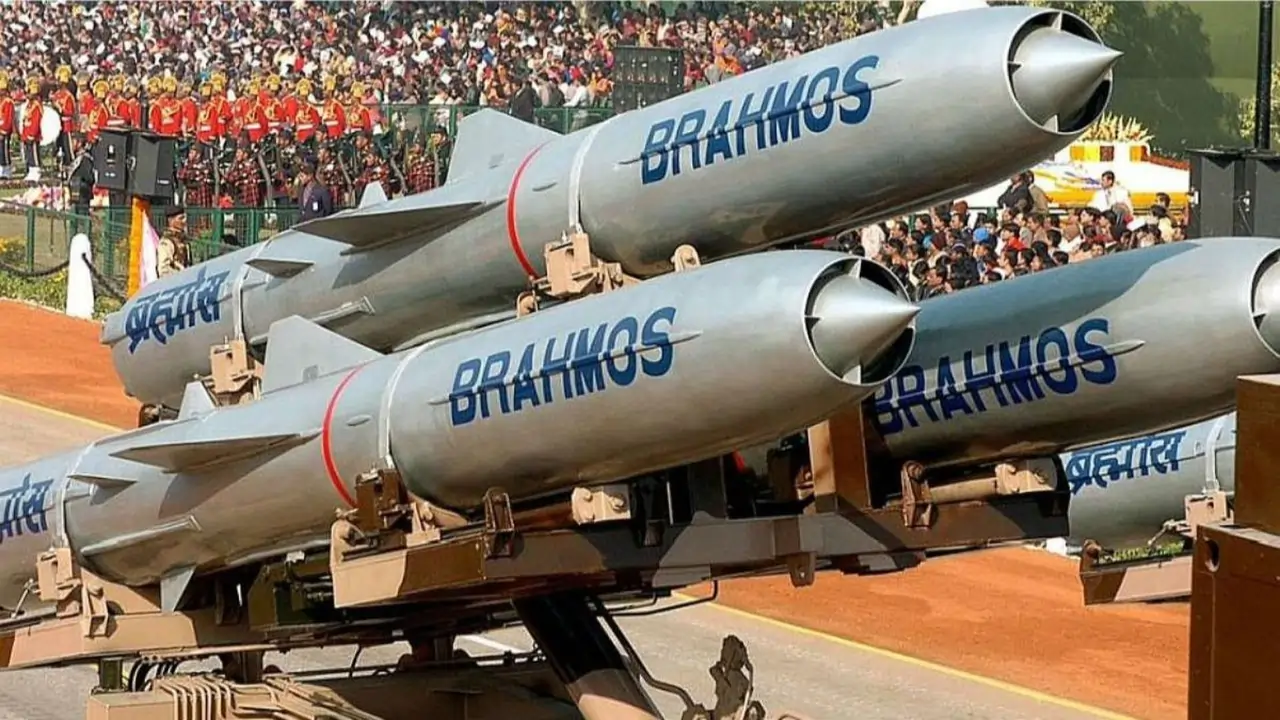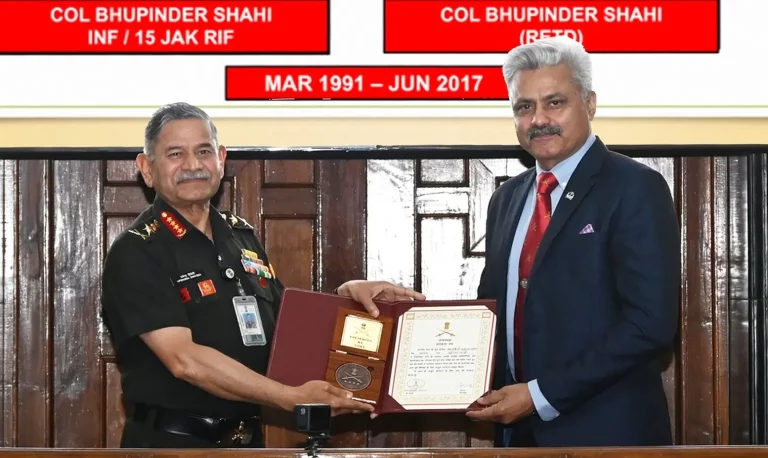India is on the verge of significantly enhancing its military capabilities with plans to induct the extended-range BrahMos-ER air-launched cruise missile by 2027. This development is a joint effort by the Defence Research and Development Organisation (DRDO) and the Indian Air Force (IAF), aiming to elevate the nation’s precision-strike capabilities for both land and maritime operations.
Weighing approximately 2.3 tonnes and designed without a booster, the BrahMos-ER can be seamlessly integrated with frontline aircraft including the Su-30MKI, Rafale, and the forthcoming TEJAS Mk-2. The lightweight configuration not only facilitates easier incorporation into existing airframes but also significantly improves aircraft maneuverability and strike efficiency.
The BrahMos-ER showcases an impressive range of 800 kilometers, dramatically enhancing India’s standoff strike potential. This capability allows Indian fighter jets to target high-value enemy assets deep within hostile territory, all while ensuring their safety by operating from friendly airspace. This provides a crucial tactical edge in confrontations across both the Himalayan and Indo-Pacific regions.
Having successfully completed flight trials over the Bay of Bengal, the BrahMos-ER demonstrated its full range and pinpoint accuracy, paving the way for the next phase of testing focused on its integration with the Su-30MKI. Induction of this advanced missile system is anticipated by late 2027 or early 2028.
In terms of technological advancements, the BrahMos-ER is equipped with radar-absorbing materials which contribute to its stealth capabilities, along with advanced ramjet propulsion that allows it to maintain supersonic speeds approaching Mach 3. Additionally, it features AI-enabled terminal maneuvers for evading interception, making it an exceedingly difficult target to detect and neutralize.
The Indian Air Force plans to modify up to 60 of its Su-30MKI aircraft to accommodate the BrahMos-ER, effectively enhancing their roles as long-range strategic strike platforms. Concurrently, the Indian Navy is also in the process of upgrading its current 450-km variant of the BrahMos missile to the extended 800-km version through software improvements.
To further increase flexibility and deterrence, operational deployment of the BrahMos-ER will occur from strategic locations such as Car Nicobar and the Andaman & Nicobar Islands.
The introduction of the BrahMos-ER will mark a significant milestone for India as it becomes the country’s longest-range precision-guided air-launched weapon. This development not only consolidates India’s deterrent capabilities but also aligns with the national goal of self-reliance in advanced missile technology, encapsulated in the Atmanirbhar Bharat initiative.







